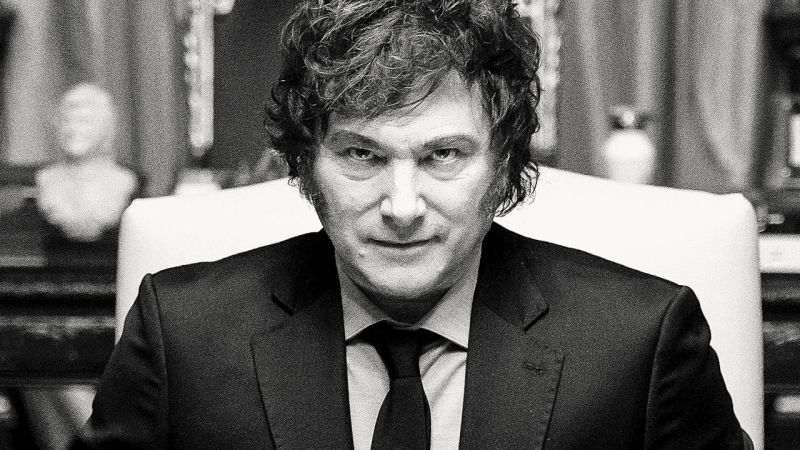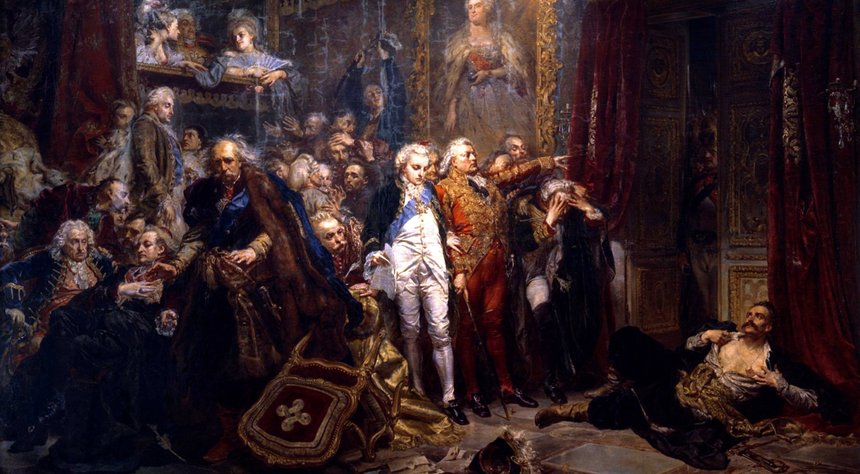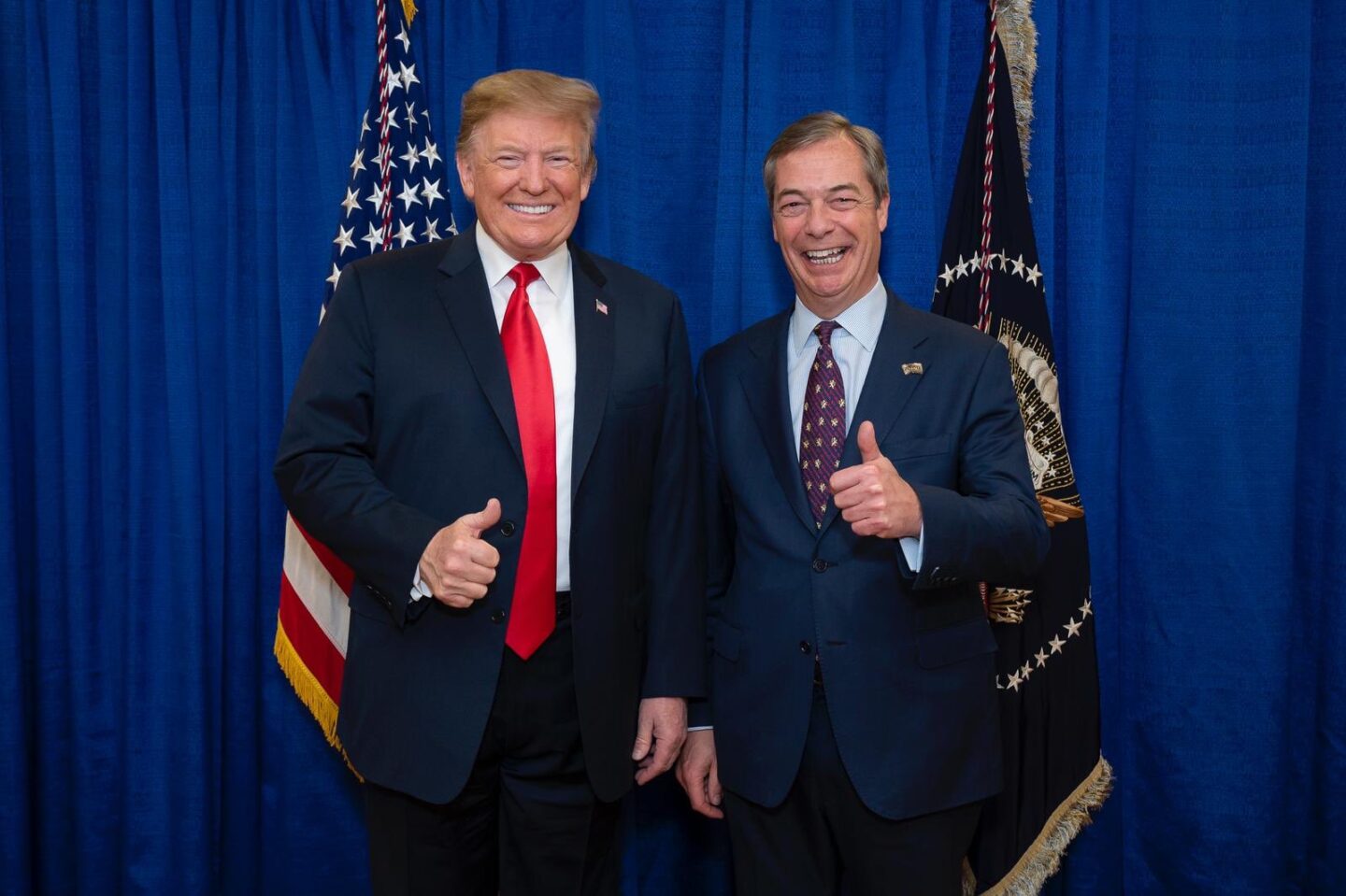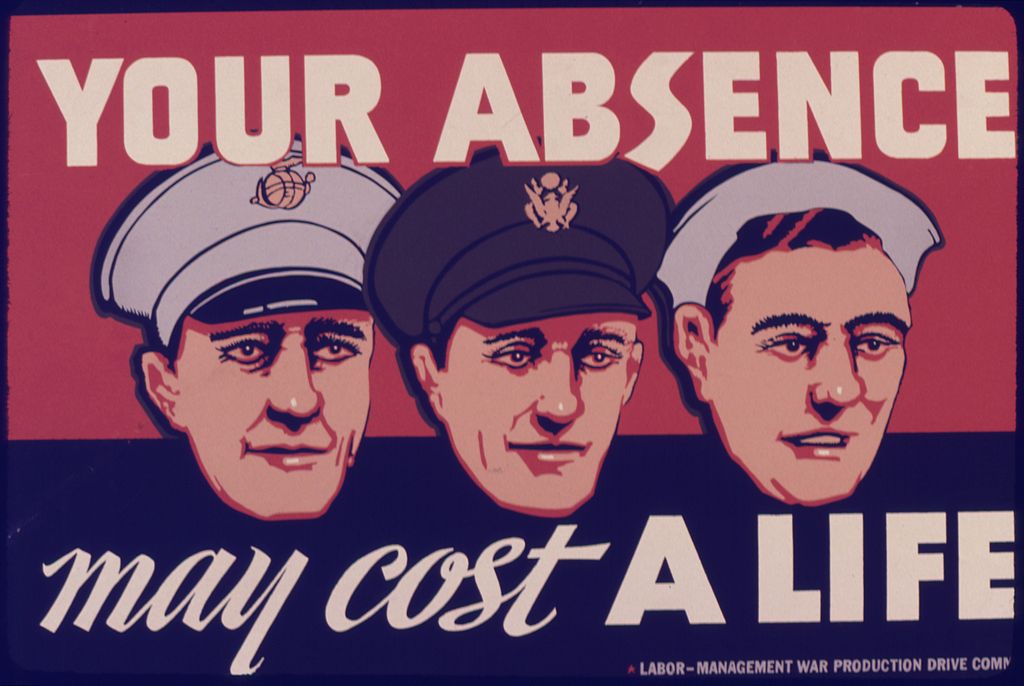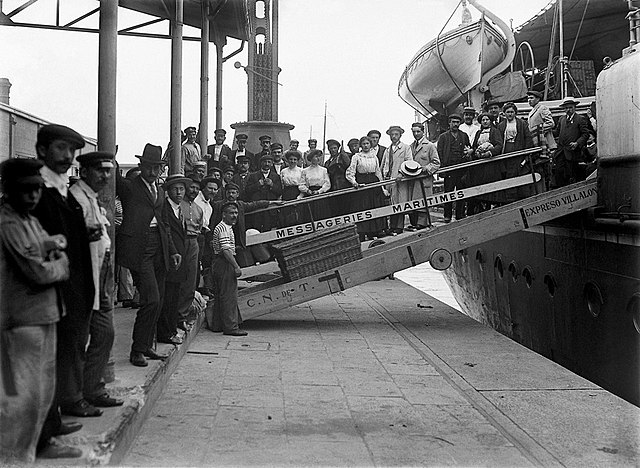 If you pay attention to the serious parts of the news you may have noticed that Ukraine is starting to make an appearance. There are reports that Russia is gathering troops on that country’s Eastern border and may be poised to invade and possibly annex the Donbass region, which has been plagued by a Russian backed insurrection since the Maidan Revolution of 2014.
If you pay attention to the serious parts of the news you may have noticed that Ukraine is starting to make an appearance. There are reports that Russia is gathering troops on that country’s Eastern border and may be poised to invade and possibly annex the Donbass region, which has been plagued by a Russian backed insurrection since the Maidan Revolution of 2014.
In response, there have been suggestions that Ukraine should become a full member of NATO and, as such, be brought under the full NATO security umbrella (which would make an attack on the Donbass an attack on all NATO members, which the alliance would respond to). This is an incredibly dangerous and foolish idea. That it is even being considered shows how misguided Western policy in this region has been and, beyond that, the way that much thinking about international relations is shaped by an unrealistic and sentimental legalism.
Ukraine as we know it is a novel and artificial country, which has only existed in its current legal borders since 1939. Its various parts have little in the way of historical connections, not even common rule by Russia. The eight Western provinces were historically part of the Habsburg Empire and before then Poland-Lithuania and only became part of the Soviet Union in 1939. They have a significant Greek Catholic minority and have always been oriented to the West.
By contrast, the Eastern provinces of Luhansk, Donetsk, and Kharkov are predominantly Russian in their population and only became part of a Ukrainian state with the formation of the Ukrainian SSR in 1922. In between is the actual historic Ukraine (the name actually means ‘borderland’) and the Southern Ukraine or Nova Rossiya, consisting of the Black Sea Littoral conquered from the Ottomans in the eighteenth century. These divisions have been reflected in the sharp geographical polarisation apparent in Ukrainian politics, with the Western provinces voting overwhelmingly for pro-Western parties, the Eastern and Southern ones heavily for pro-Russian parties, and the central areas more evenly divided.
Culturally, historically, and politically Ukraine is the transitional borderland between Russia and the West. In addition, it is of vital strategic importance to any Russian state because its geographical position gives control of the Black Sea coast and access to the core territory of the Russian state. No Russian regime of any persuasion will tolerate these territories being controlled by a regime it regards as hostile to its interests – at least not the Eastern, Central and Southern regions.
For this reason, Western policy in Ukraine in 2012 to 2014 was seriously naïve since it appeared to assume that regime change there, involving the overthrowing of a deeply corrupt and unattractive but still legitimate government and its replacement by an explicitly pro-Western one, would not provoke a Russian response. It is one thing to undertake a policy of supporting a regime change with full awareness of what the likely response and results will be and being prepared for that: to be neither is both frivolous and deeply irresponsible.
To have Ukraine join NATO now would be a hugely serious commitment. Western governments should not even consider doing this unless they are prepared and willing to accept the consequences, up to and including a general war with Russia. Even if it does not come to that the consequences in terms of military confrontation and economic standoffs would be severe and very costly (which is why it will probably not happen).
This is not to express any sympathy for the regime in Russia or to see its interests and goals as aligned with those of Western liberal democracies. The Putin government is a deeply corrupt and authoritarian one, with an increasingly explicit ideology that is profoundly anti-liberal. Its overall policy and strategy are hostile to Western interests and highly disruptive in many areas.
Just as with the Soviet Union, however, policy should be guided by the well-established principles of diplomatic realism. A key principle is that you do not threaten the vital interests of the other, unfriendly, party (ones that are critical to the security or existence of that state) unless you are prepared and willing to resort to war (which with a nuclear power should be unthinkable). This places limits on the policies and actions of all parties.
Why though is this hard-headed realism so often ignored? The reason is that since 1989 Western policy has been dominated by a dangerous combination of sentimental idealism and legalism. The first derives from the belief that the entire world is inevitably moving in the direction of liberal capitalist democracy, with parts of it simply needing a helpful push at times. The experience of Iraq, China, and now Ukraine and Russia should show how mistaken this is. The legalism is to operate as though the society of sovereign states (the international order) is a law-governed one in the same way that the internal order of a well-governed sovereign state is. Quite simply this is dangerous nonsense.
States are sovereign which means, by definition, that there is no superior sovereign power to make and enforce the law. The laws and agreements of the international society are thus voluntary arrangements between independent entities who will comply with them only to the extent that their own vital interests are not threatened – and often not even if they are not.
To act as though we live in a truly law-governed world that is a single political order like that of a single state is both naïve and dangerous, as increasing evidence shows. The emerging crisis in Ukraine is further evidence of this. The question to ask now is “What would Bismarck do?”






